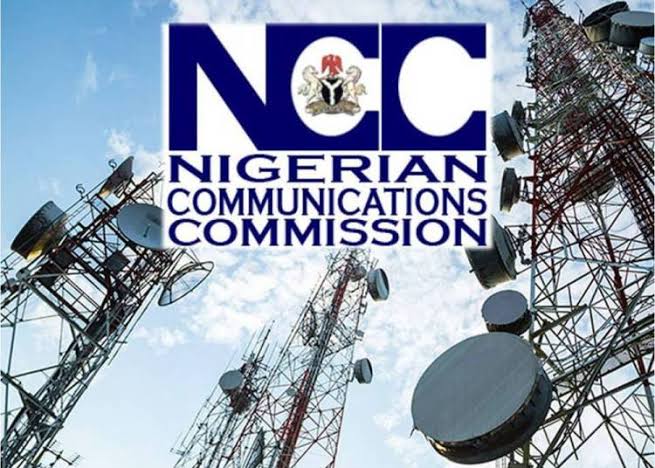Gov. Dikko Radda of Katsina State says the state aims to achieve 70 per cent broadband penetration across its 34 Local Government Areas (LGAs) by the year 2030.
Radda disclosed this on Thursday at a two-day Business Roundtable on Investments in Broadband Connectivity and Safeguarding Critical National Information Infrastructure, held in Abuja.
The event, organized by the Nigerian Communications Commission (NCC), had the theme: “Right of Way and Protection of Broadband Infrastructure: The Road to Success in Broadband Investment and Connectivity.”
Radda said the initiative aligns with Katsina’s vision to promote digital growth by expanding broadband access and strengthening the state’s digital economy.
He noted that the state had created a dedicated Information and Communication Technology (ICT) Directorate, to be led by a young professional, to coordinate technology-driven initiatives and manage ICT infrastructure.
“We established the ICT Directorate to oversee all ICT infrastructure in the state. We appointed a young, tech-savvy professional to head it,” he said.
He added that the government’s vision was to ensure 70 per cent broadband penetration in Katsina by 2030, stressing that digital connectivity was key to driving economic growth, productivity, and resilience.
Radda emphasized that protecting telecom infrastructure was a shared responsibility between government, communities, and investors. He pledged the state’s cooperation with the NCC and other stakeholders to bridge the digital divide between urban and rural areas.
The governor commended the NCC, the Nigeria Governors’ Forum (NGF), and the World Bank for organizing the roundtable, which brought together policymakers, investors, and regulators to explore strategies for broadband expansion and infrastructure protection.
Earlier, the Executive Vice-Chairman of the NCC, Dr. Aminu Maida, said Nigeria continued to face major infrastructure challenges, including fiber cuts, equipment theft, and restricted access to telecom sites.
He identified high Right of Way (RoW) charges imposed by some state governments as a major barrier to broadband deployment, despite an NGF resolution fixing the fee at N145 per linear meter.
Maida said the NCC was implementing measures to strengthen broadband infrastructure, including the deployment of 90,000 kilometers of fiber optic backbone across the country.
He added that the commission had launched a national public awareness campaign through television, radio, social media, and community outreach to encourage citizens to protect telecom assets.
The NCC, he said, was also collaborating with the Office of the National Security Adviser (ONSA) and the judiciary to ensure deterrence and speedy prosecution of offenders.
“Through mediation, enforcement, and prosecution of vandals, the NCC and ONSA are giving practical effect to the Presidential Order on safeguarding Nigeria’s digital lifelines,” Maida said.
In his presentation, AVM Enebong Effiom, Director of Critical National Assets and Infrastructure Protection at ONSA, urged state governments to align with national broadband initiatives or risk being left behind economically.
Speaking on “Safeguarding Critical Information Infrastructure: The Roles of States,” Effiom said states that promote broadband access and digital infrastructure would attract businesses, startups, and digital jobs.
He also encouraged state governments to integrate digital literacy programmes into their community development agenda to build a digitally aware and empowered population.


